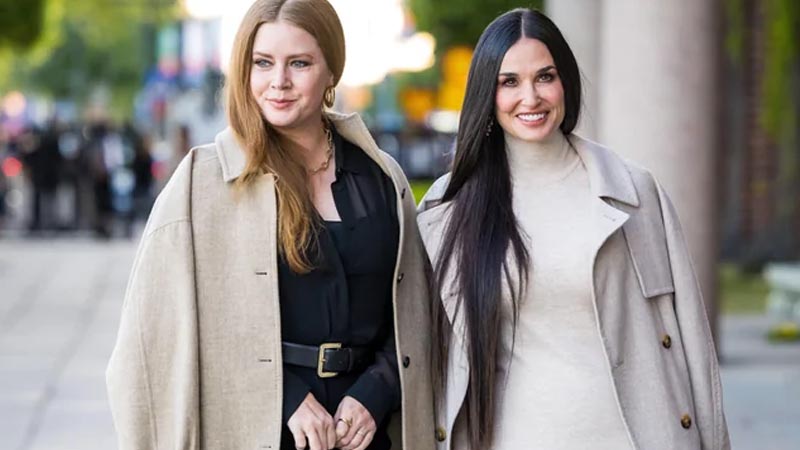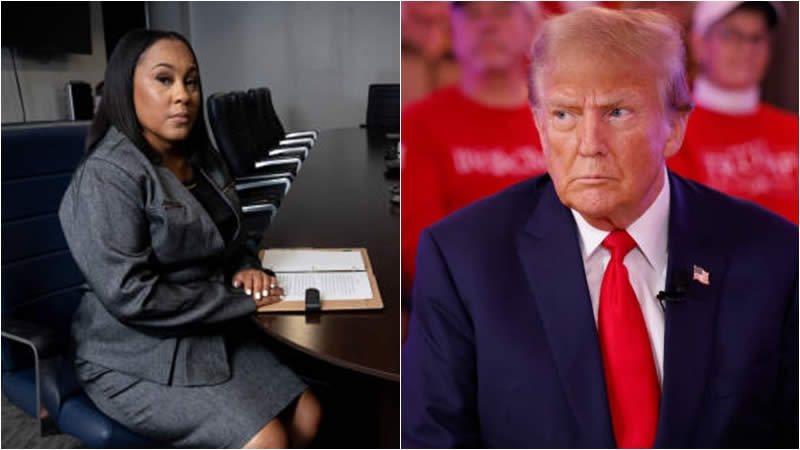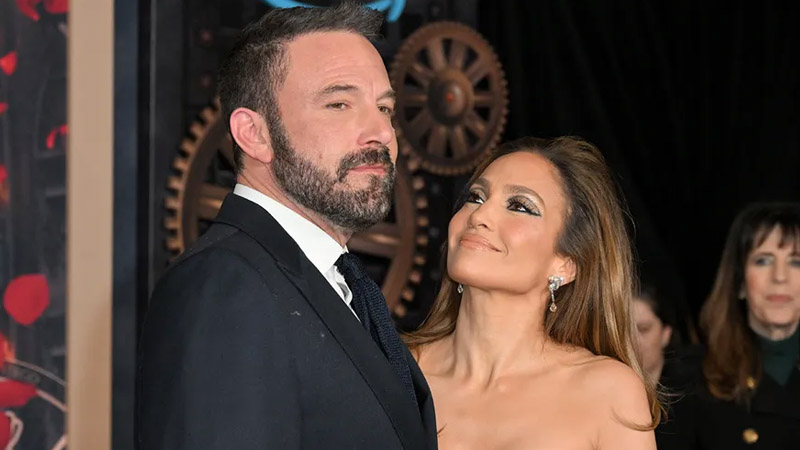Stephanopoulos Challenges Donalds Over Harris Comments: “You Just Repeated the Slur Again”

Brendan McDermid | Reuters
Rep. Byron Donalds (R-FL), a staunch ally of Donald Trump and once rumored to be a potential vice-presidential pick, faced significant backlash following his interview on ABC News on Sunday. The interview, conducted by host George Stephanopoulos, became a focal point of online criticism after Donalds echoed Trump’s attacks on Vice President Kamala Harris’s racial identity.
During the interview, Donalds attempted to discuss Harris’s background, saying, “But if we’re going to be accurate, when Kamala Harris went into the United States Senate, it was AP that said she was the first Indian American United States Senator. Now she’s running nationally. Obviously, the campaign has shifted. You’re talking much more about her father’s heritage and her Black identity.”
Stephanopoulos swiftly corrected Donalds, stating, “And you just repeated the slur again. She’s always identified as a Black woman. She is biracial. She has a Jamaican father and an Indian mother.”
The interview sparked a wave of reactions online. One political commentator, @mmpadellan, remarked, “WOW, you could start your day with a cup of coffee OR you could wake up with a steaming hot cup of George Stephanopoulos putting his foot all the way up Byron Donalds’ lying a– about Kamala Harris. I suggest the latter. It’s BRILLIANT.”
Independent journalist Aaron Rupar commented on the confrontation, saying, “George Stephanopoulos DEMOLISHES Byron Donalds’s defense of Trump’s racist attacks on Kamala Harris.” Former NBC executive Mike Sington also weighed in, describing the interview as “bonkers” and noting, “George Stephanopoulos rips into Byron Donalds for continuing to question Kamala Harris’ racial identity.”
Another commentator, @ArtCandee, highlighted the effectiveness of Stephanopoulos’s rebuttal, tweeting, “ABC News’s George Stephanopoulos mopped the floor with Byron Donalds.” The incident underscores the ongoing controversy surrounding attacks on Harris’s identity and the broader implications of such rhetoric in political discourse.
Stephanopoulos’s firm stance during the interview reflects a growing insistence on holding public figures accountable for their statements, particularly those that seek to undermine or misrepresent the identities of political opponents. As the fallout from the interview continues, it is evident that discussions around identity and representation remain critical in the current political landscape, with media figures like Stephanopoulos playing a key role in challenging divisive narratives.


